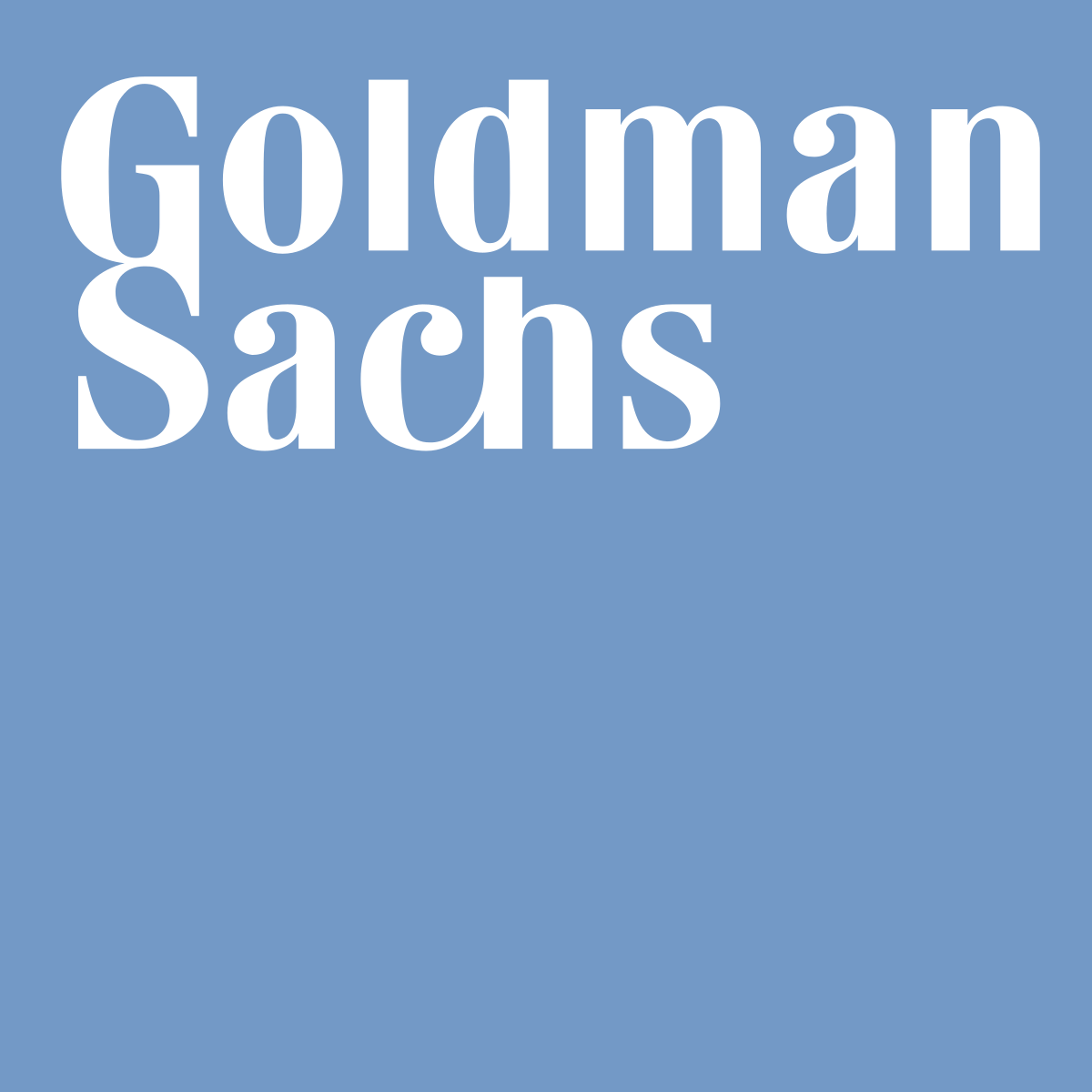After a lacklustre performance over the past several years, South Korean ETFs may be set for a rebound, according to Goldman Sachs.
The firm predicts 54% earnings growth for South Korean companies in 2024 as the semiconductor industry bounces back from 2023 earnings declines.
The $528m iShares MSCI Korea UCITS ETF (IKOR) and the $414m Franklin FTSE Korea UCITS ETF (FLKR) are the largest South Korean ETFs.
The country’s stock market is dominated by big technology companies. Samsung Electronics accounts for a quarter of the MSCI Korea 25/50 index that IKOR tracks. The tech sector overall makes up 37% of the index.
South Korean ETFs have lagged those in the US in recent years. The five-year annualised total return for IKOR clocked in at 2.1%, compared with a 12.5% annualised return for the iShares Core S&P 500 UCITS ETF (CSPX). The gap has been similar so far this year with CSPX returning 20.3% versus 12.4% for IKOR.
Earnings at South Korean companies have declined 36% so far this year and were relatively flat last year.
Goldman Sachs is predicting that profits will increase by 54% next year and by 20% in 2025, according to its report published on 24 November.
Based on Goldman Sachs' estimates, Korean stocks have the lowest 2024 price-to-earnings ratio of any market in the Asian-Pacific region except for Pakistan, as well as the highest projected earnings growth.
“Korea offers the greatest potential earnings growth in 2024 in our view, as the highly operationally levered semiconductor sector recovers from its steep profit decline,” Goldman Sachs analysts wrote.
South Korean GDP
Goldman Sachs estimates South Korea’s real gross domestic product will grow 2.3% next year and 2.4% in 2025, up from an expected 1.5% increase in 2023.
“GDP growth in major economies is likely to slow, but we expect Korea’s economy will improve given expectations of a cyclical recovery in the tech sector,” a Goldman Sachs report from 19 November stated.
This article was originally published on ETF.com



